

Street art paintings
BUY A STREET ART PAINTING CARRÉ D'ARTISTES
Are you considering purchasing a street art painting?
Explore the value of investing in contemporary street art and learn how to seamlessly blend urban art into your home decor by selecting the right format and style.
But what exactly is street art? Where did it originate, and how has it evolved over time? Uncover the answers to these questions, discover how this modern art form draws on traditional influences, and learn about the techniques that make urban art both distinctive and impactful.
Read more
Carré d'artistes offers a unique selection of street art for sale, available both online and in our galleries. With our diverse collection, you’re sure to find the perfect piece to add a dynamic touch to your space.
Find unique artworks from our street art paintings or sculptures and other similar styles: pop art and graffiti.
.png)
WHY INVEST IN A STREET ART PAINTING?
In the art market, street art is relatively new but highly fashionable. Traditional collectors are increasingly recognizing its value, making this art form a smart investment.
Benefits of investing in street art:
- Supporting emerging urban artists: While investing in street artists may not yet be mainstream, trusting your instincts can lead to rewarding returns as these artists rise in popularity.
- Appeal across generations: Younger generations often connect more with street art than with traditional styles, adding to its growing appeal and value.
- Market dynamics: Like all art, street art follows supply and demand trends, making it a promising investment with potential for significant returns.
BLENDING STREET ART WITH INTERIOR DESIGN
Wondering how to integrate street art into your home?
Two important factors to consider are format and style. In small spaces, choose small to medium-sized street art paintings to avoid overwhelming the room. For larger spaces, try bold, large-scale pieces that add character and impact.
Match the colors and style of the art to the room’s decor: neutral shades for a calm setting, or vibrant colors to energize the space. Urban art brings movement and dynamism, and pairs especially well with contemporary or industrial-style furniture.
Where to display street art?
Street art fits beautifully in a child’s or teen’s room, or as a standout piece in a modern living room. The results are always eye-catching!
WHAT IS STREET ART ?
Origins of street art: two perspectives
Street art originally emerged as a way to convey messages—religious, political, or personal. It’s a form of expression designed to provoke thought and communicate with the public. Encompassing a variety of techniques, from graffiti to installations, street art transforms public spaces into open-air galleries.
Street artists use various methods like graffiti (e.g., Mr. Chat), stencils (Jef Aérosol, Miss.Tic), collages (Banksy, Ernest Pignon-Ernest), mosaics (Invader), stickers (Shepard Fairey), large portraits (JR, Keith Haring), and installations. Street art is often temporary and exposed to weather, damage, and even city clean-ups, making it both powerful and fragile.
Graffiti began in the 1970s on New York’s subways, with artists using tags as their unique signatures. This form of street art graffiti quickly spread, covering subways, trains, and cars with vibrant colors and diverse designs.
Street art: a contemporary form rooted in tradition
Stencils are one of the most impactful techniques, allowing artists to reproduce designs across multiple locations. The stencil technique dates back to the 12th century in typography and continues to be used in street art with spray paint or aerosol, allowing an artist’s work to appear in multiple places.
In cities like Berlin and Lisbon, street art has become a treasure hunt for fans looking to find the same artist’s work scattered across the city.
The 1980s: the rise of street art
In the early 80s, authorities cracked down on graffiti, sparking a movement that spread graffiti art to major cities around the world. Street artists used this platform to advocate for freedom of expression, with the Berlin Wall becoming a canvas of slogans, stencils, and paintings after its fall in 1989.
Artists like Jean-Michel Basquiat gained fame with graffiti-inspired work, helping graffiti art enter galleries across Europe.
Street art’s entry into the art world
After years of being marginalized, street art gained acceptance in the art world. Today, artists like Ernest Pignon-Ernest, JR, and Banksy have their own exhibitions, with Banksy famously self-destructing one of his works after it sold at auction, making headlines worldwide.
Street art is now seen as fine art.
FAMOUS STREET ARTISTS
- Jef Aérosol: Known for his large self-portrait stencil near the IRCAM, which has become an iconic part of the urban landscape since its unveiling in 2012.
- Thoma Vuille (M.Chat): Creator of the smiling cat character found throughout the streets of France, bringing optimism and connection to urban art.
- Banksy: Perhaps the most well-known street artist, famous for works like The Little Girl with the Balloon, a black-and-white stencil with a red heart-shaped balloon. His street art is known for its thought-provoking, often political messages.
- JR: A French street artist, known for his massive black-and-white portraits of ordinary people worldwide, launched his Inside Out project thanks to the TED Prize, aiming to "change the world" through street art.
- Shepard Fairey: Known for his “Obey” sticker campaign and his Hope poster of Barack Obama, Shepard Fairey’s work has become iconic in contemporary street art culture.
Other famous street artists include Keith Haring, who brought bold, graphic art into urban spaces, Invader with his mosaic pieces, and graffiti artist Cornbread.
At Carré d'artistes, we feature emerging street artists, like Graffmatt, Fabien Novarino, Deuz, Cyen, and more.
STREET ART TODAY
Street art, once considered an underground form of expression, has become a staple of urban culture. In cities from New York to San Francisco, Berlin to Paris, street art flourishes on walls and buildings, transforming neighborhoods into open-air art galleries.
In Paris, street art thrives in areas like the 13th arrondissement, Belleville, and the Marais, where artists from around the globe bring creativity and conversation to the streets.
Today, street art is a vibrant part of urban culture and an important draw for tourism, celebrating both the art and the cities that embrace it.
Back to the top
PAINTINGS BY STYLE




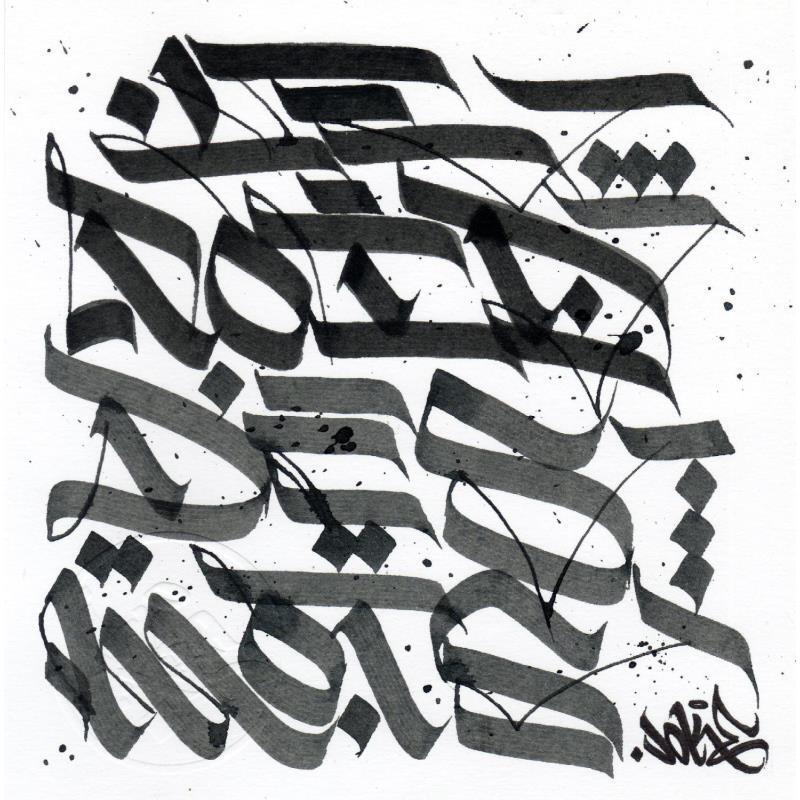
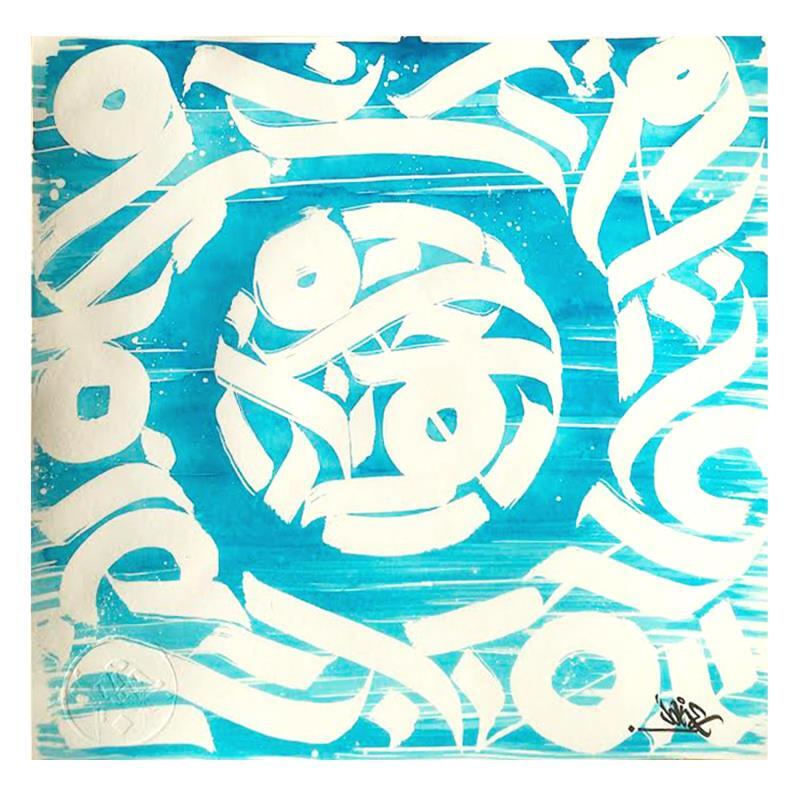
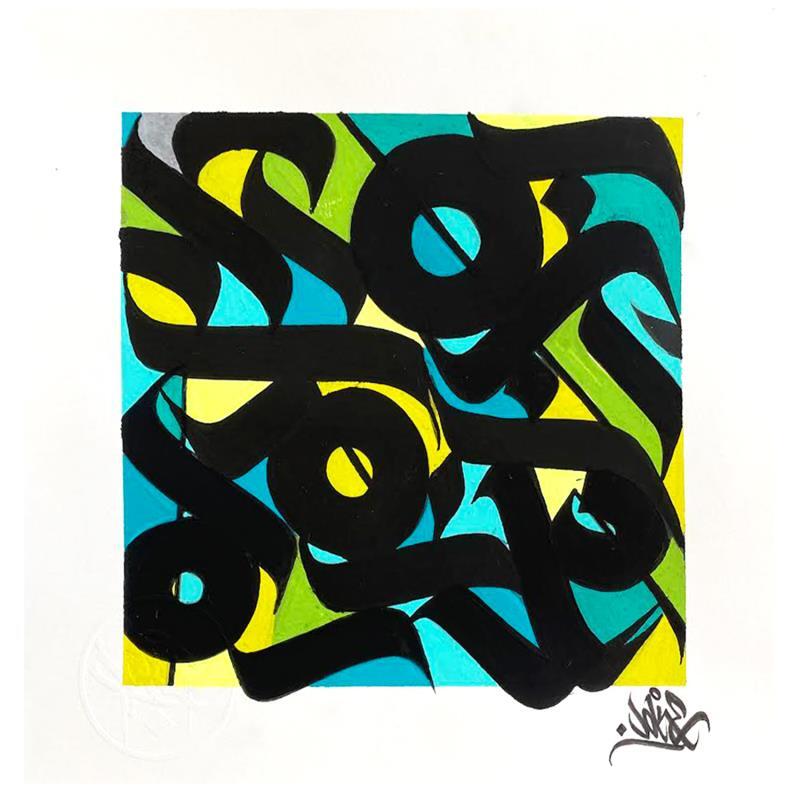
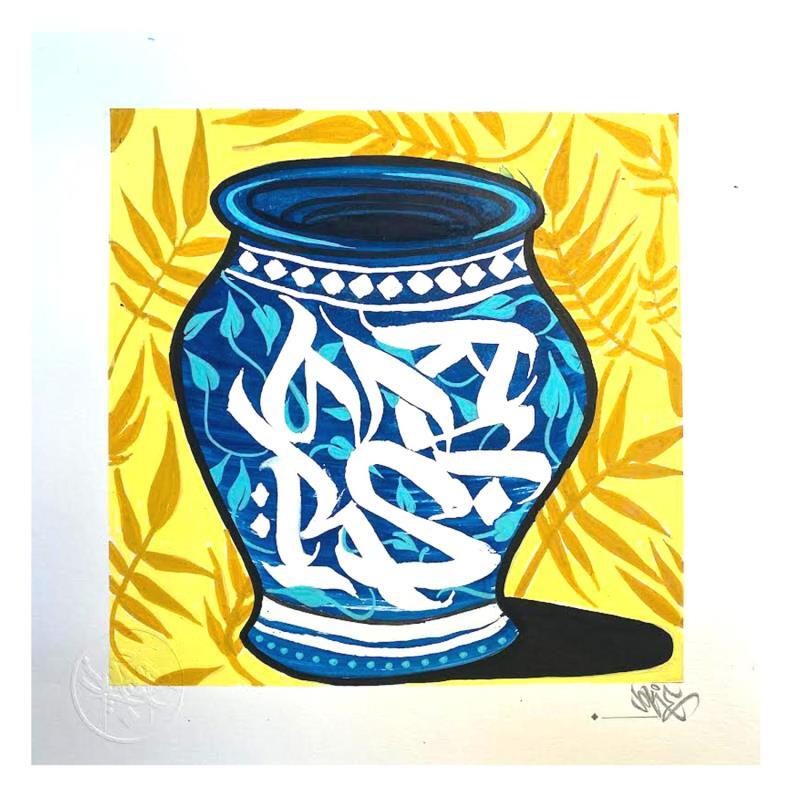
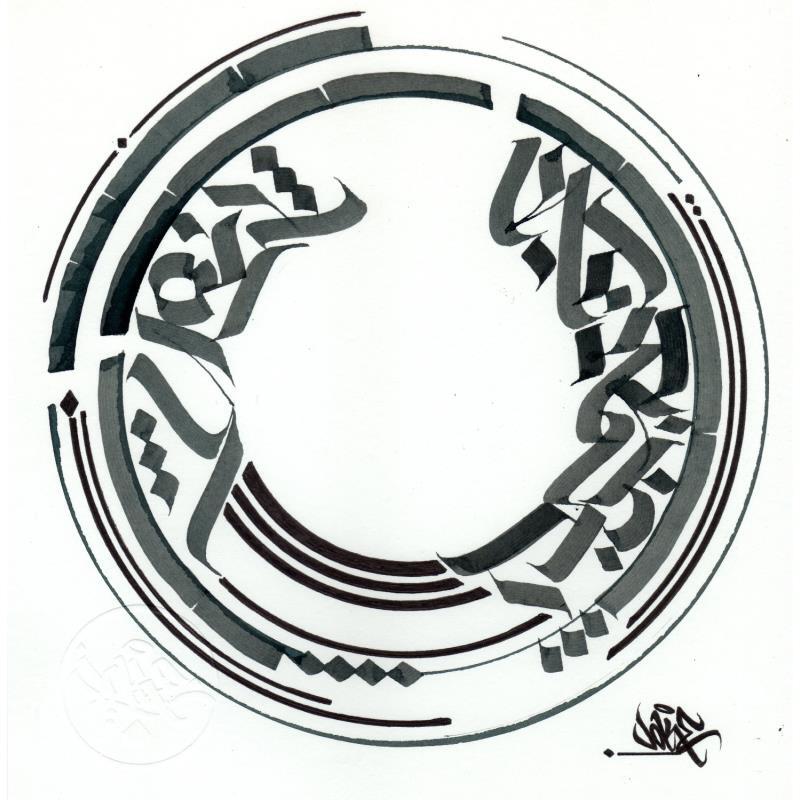

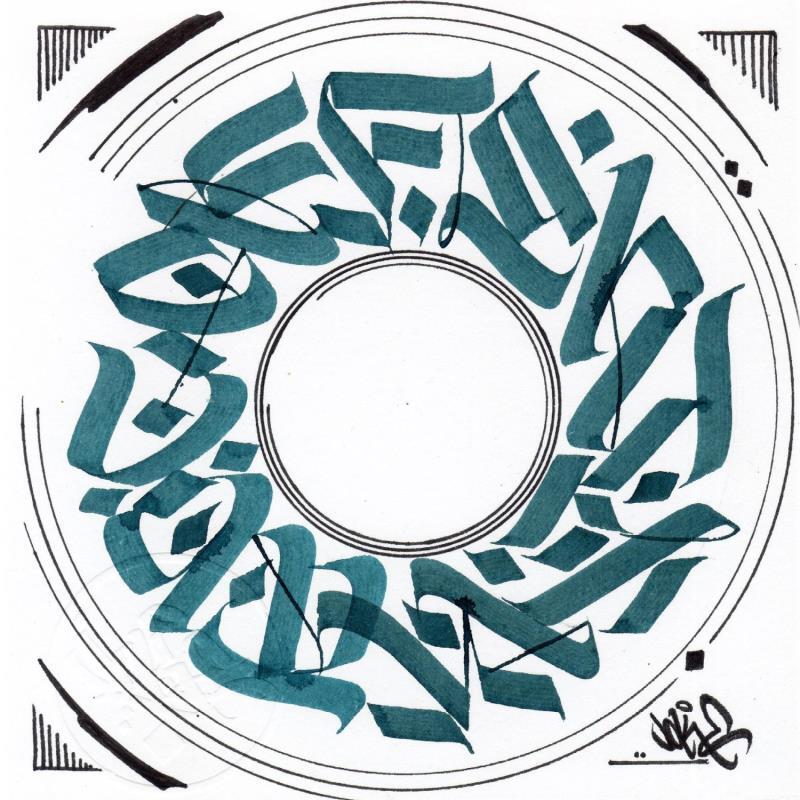
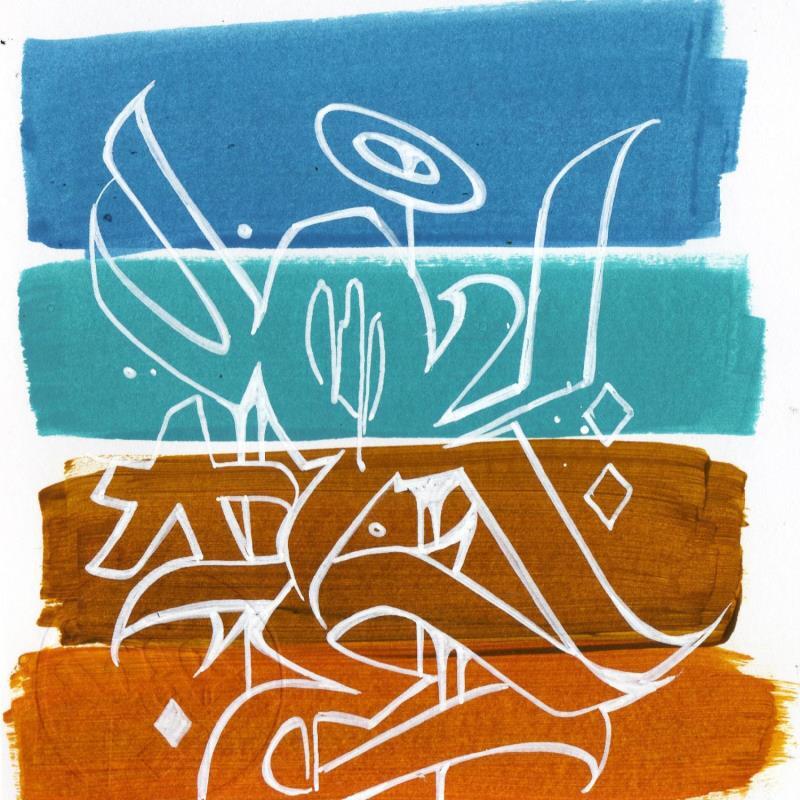


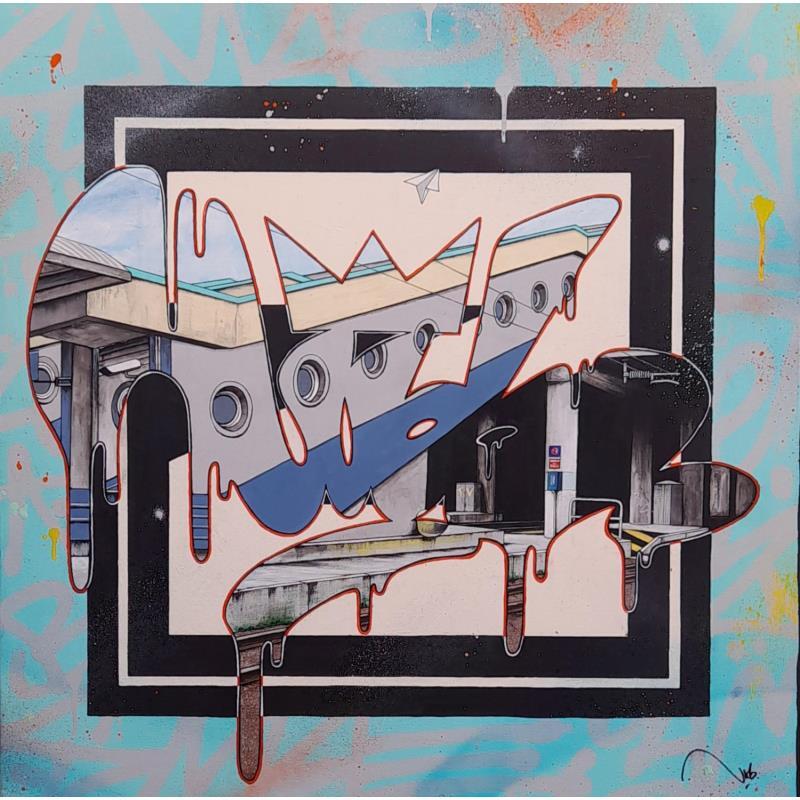
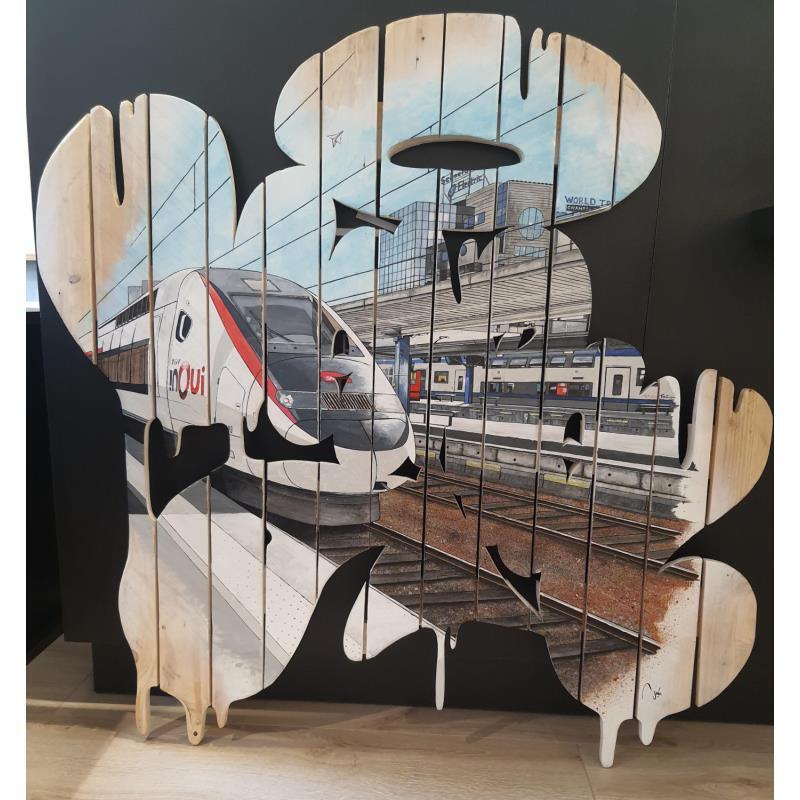



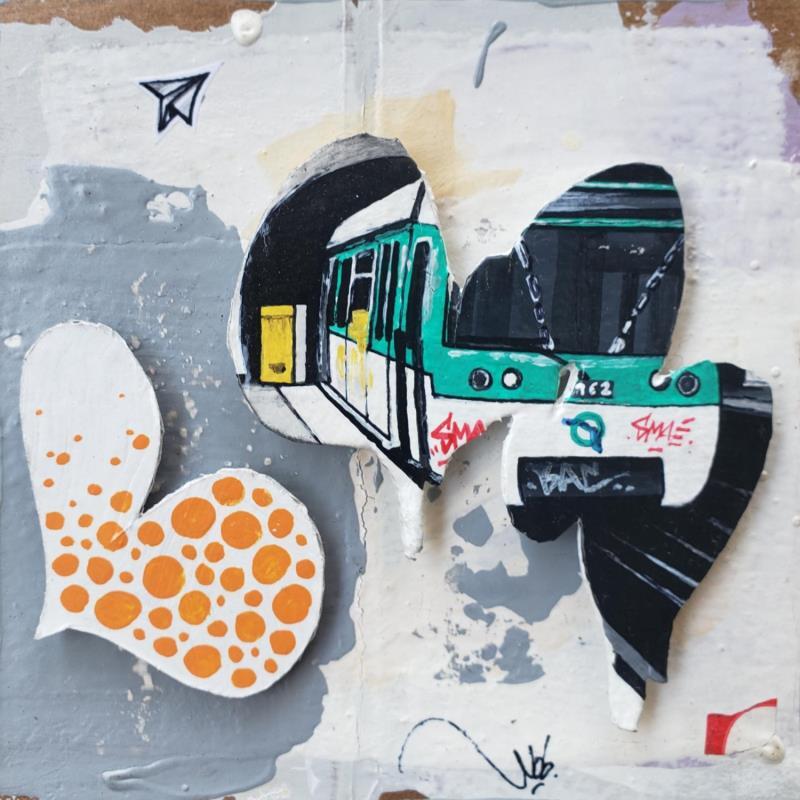
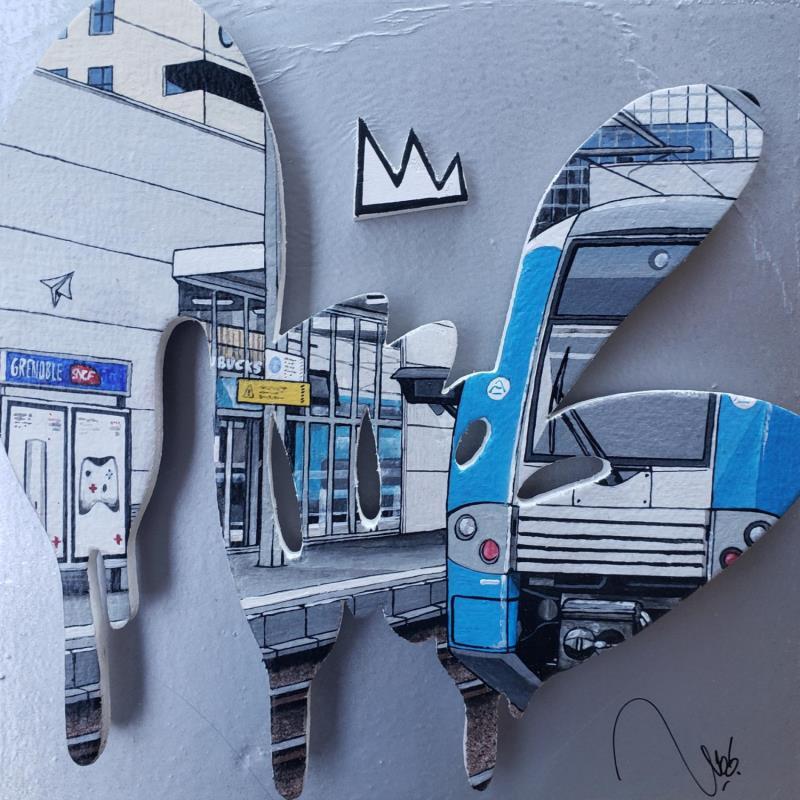
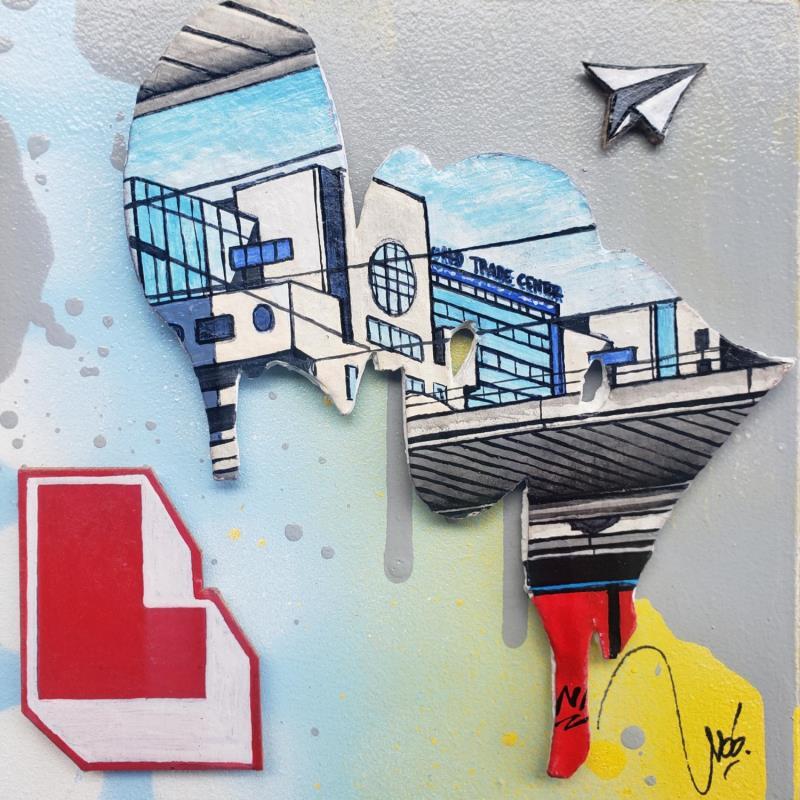
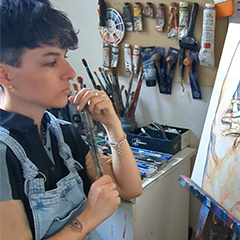
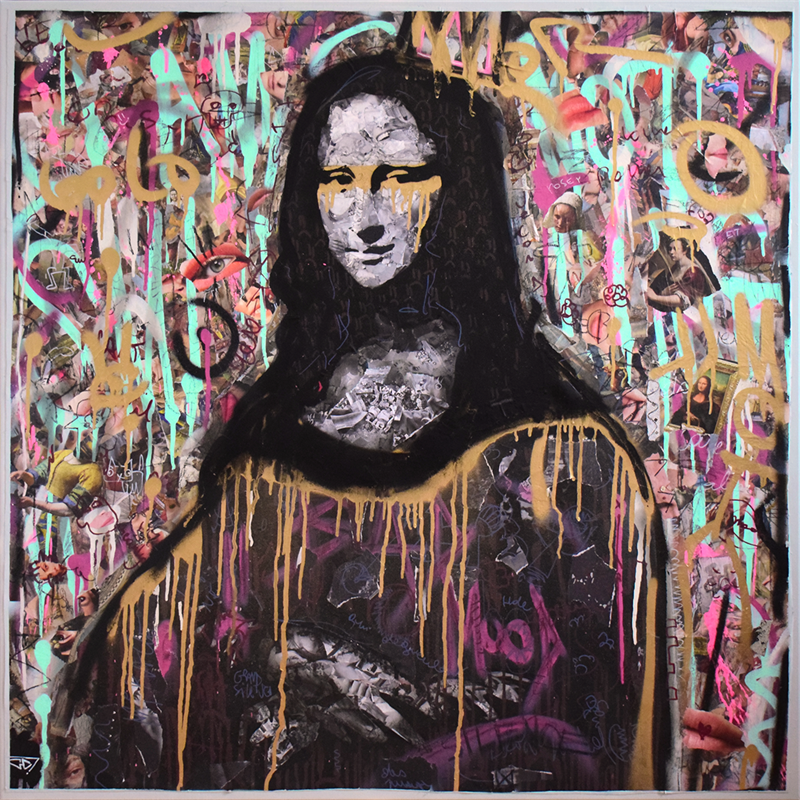
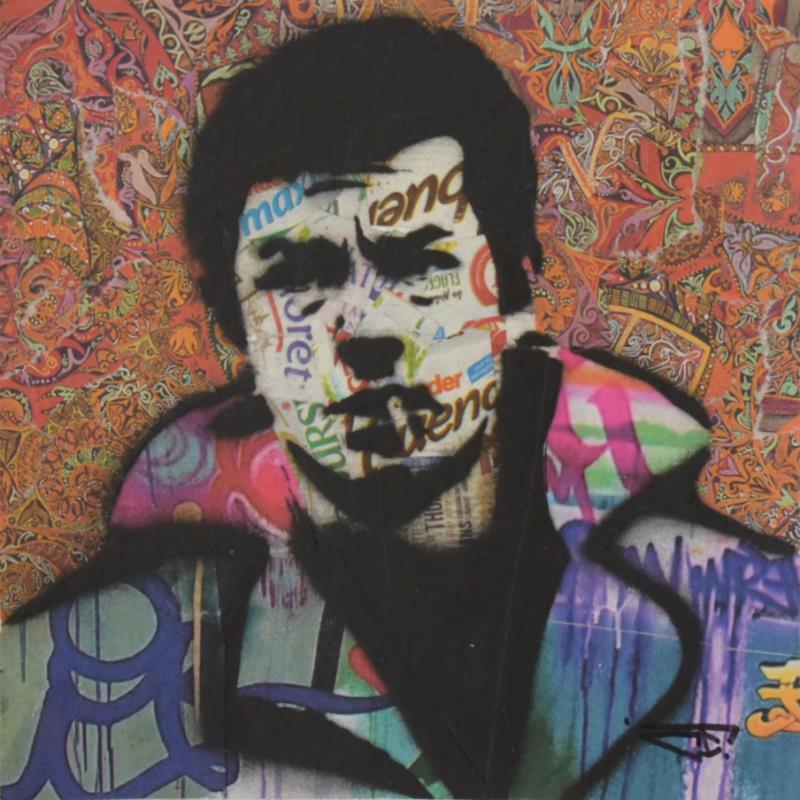
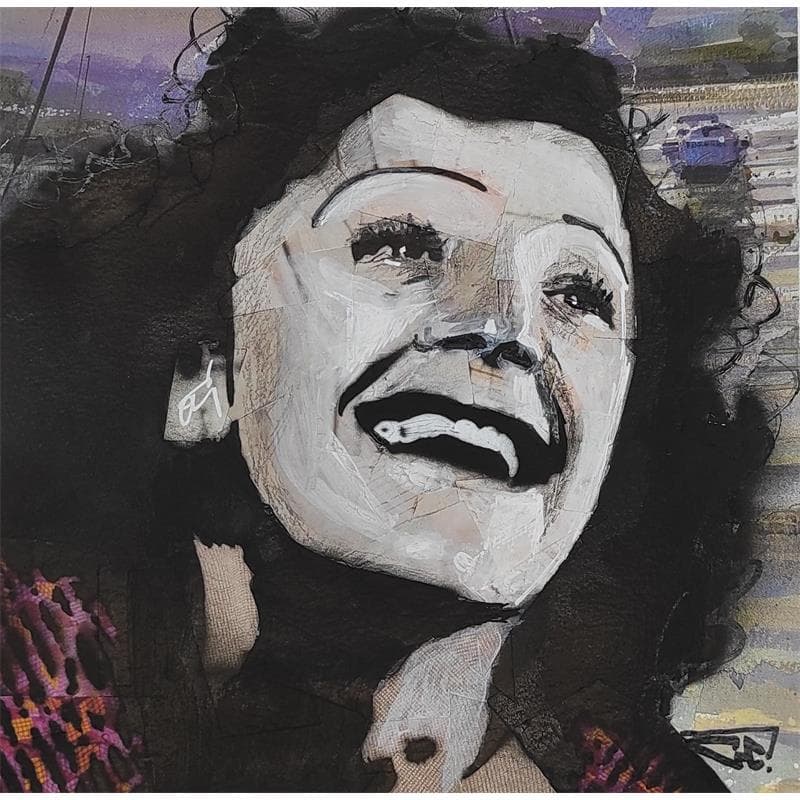

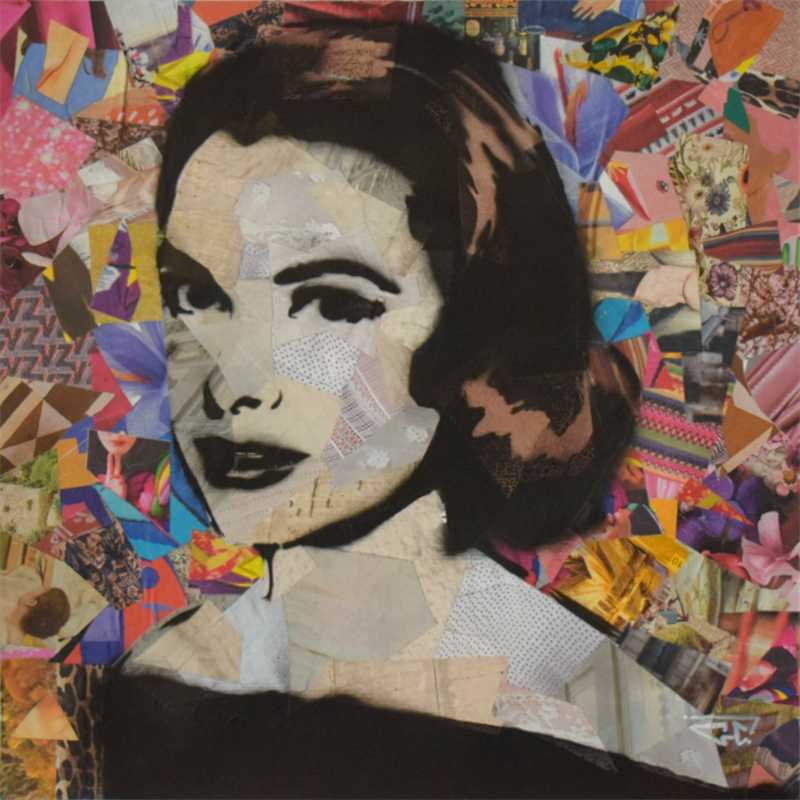
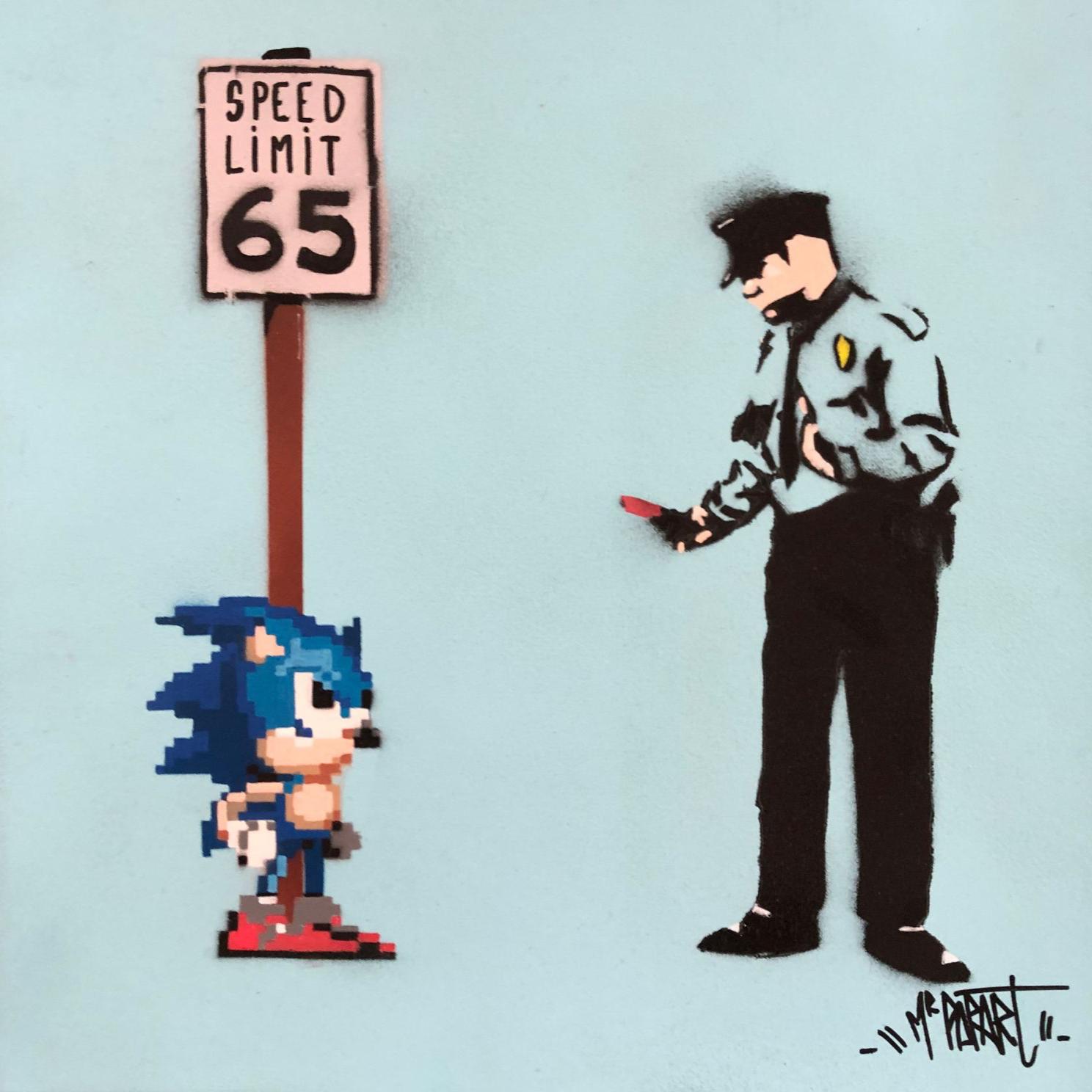
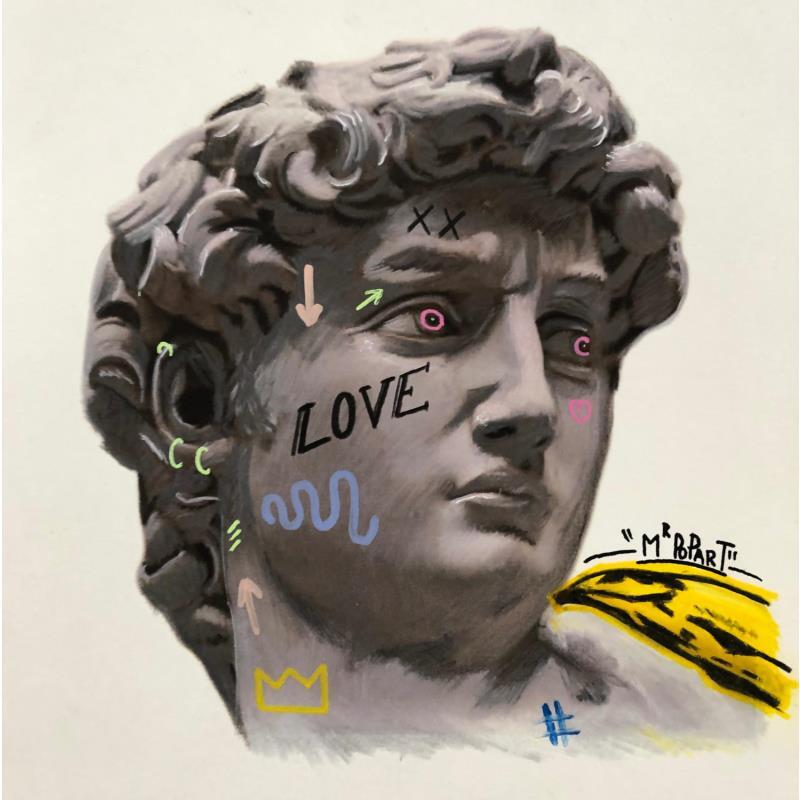
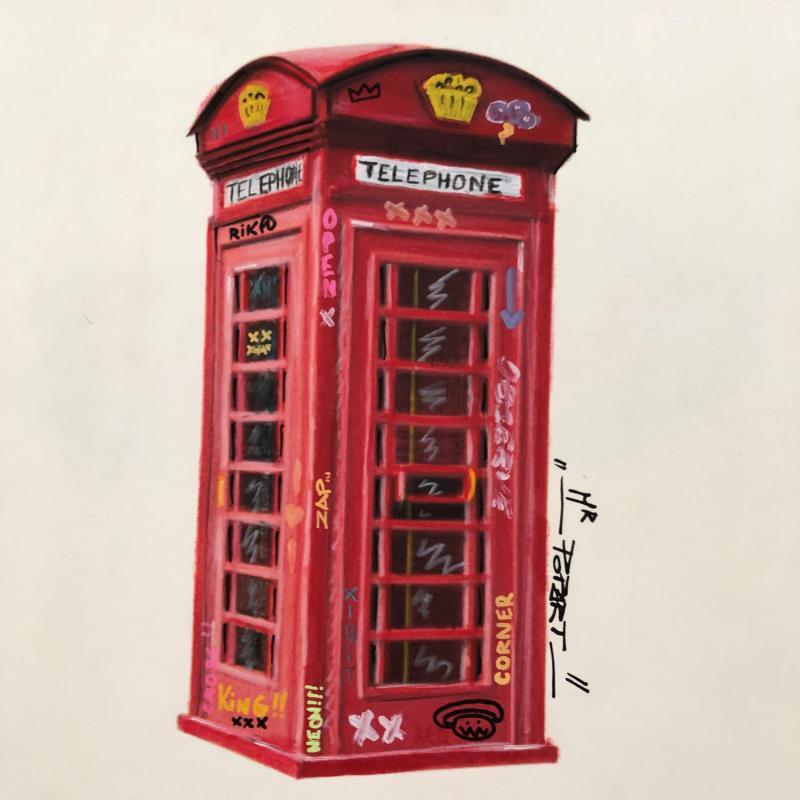
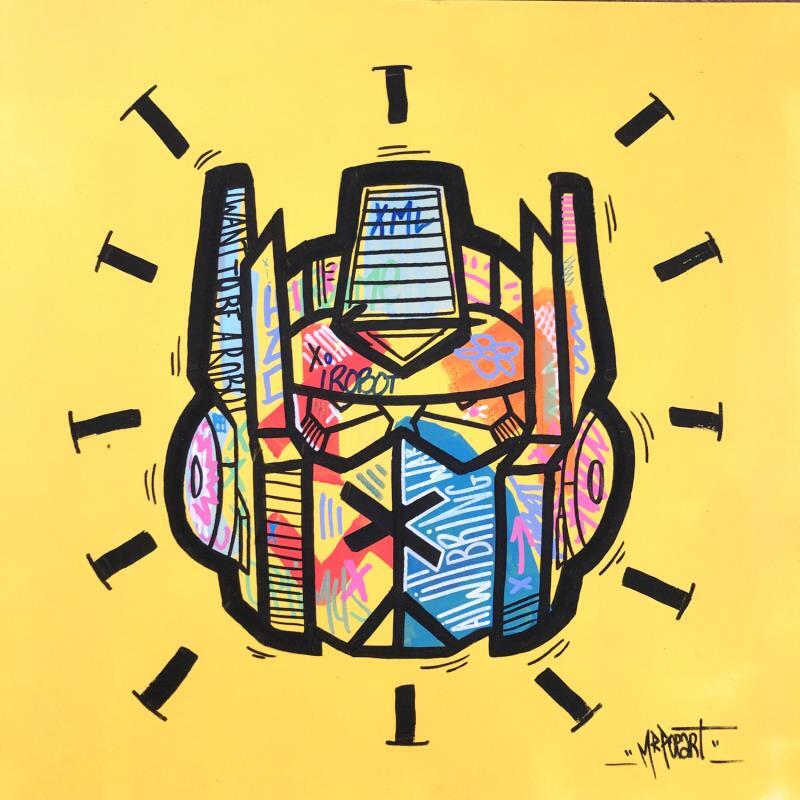
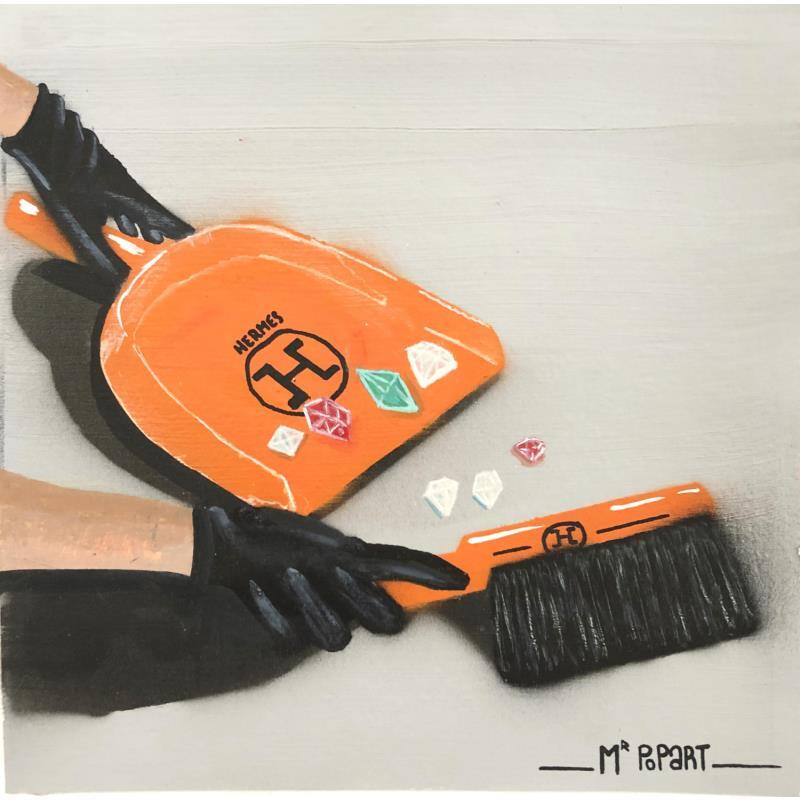
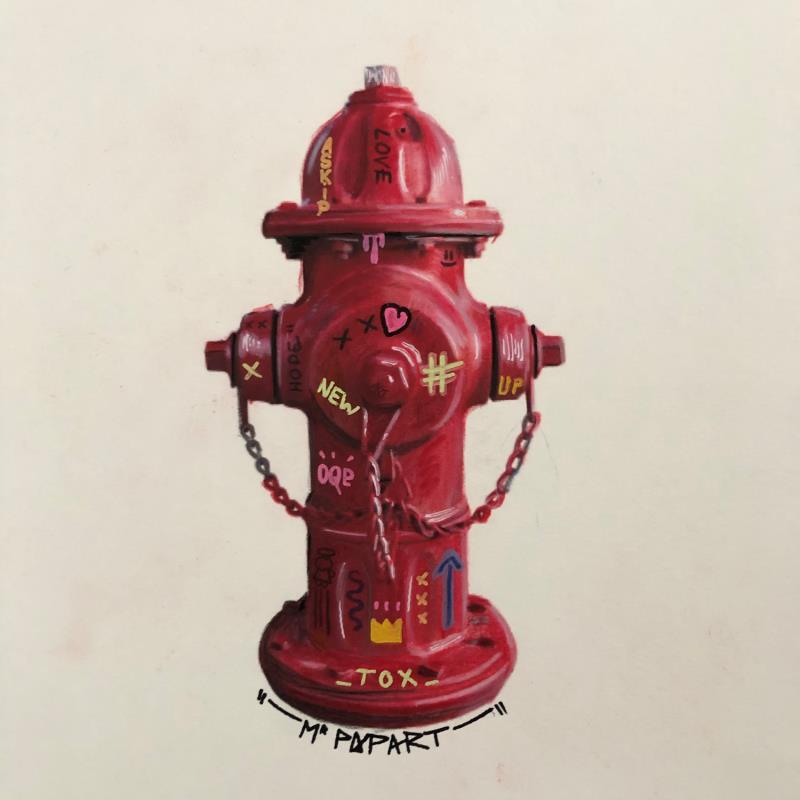
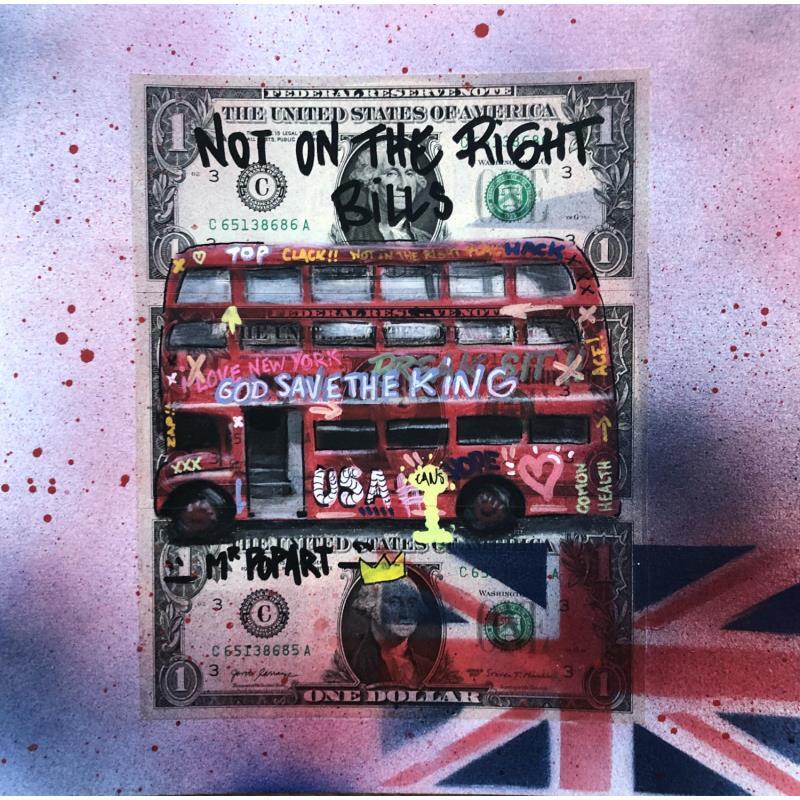
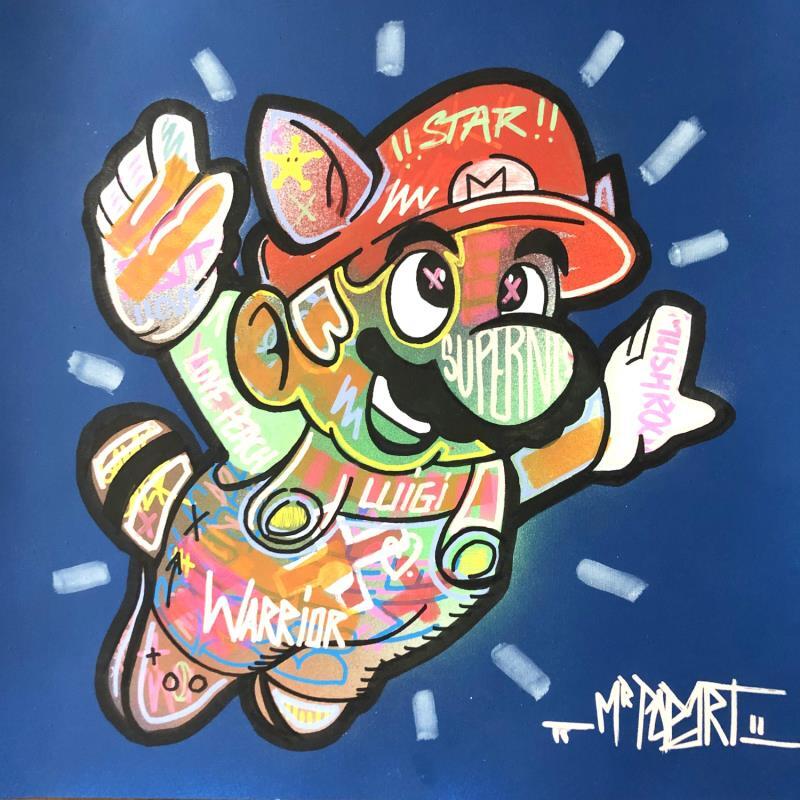
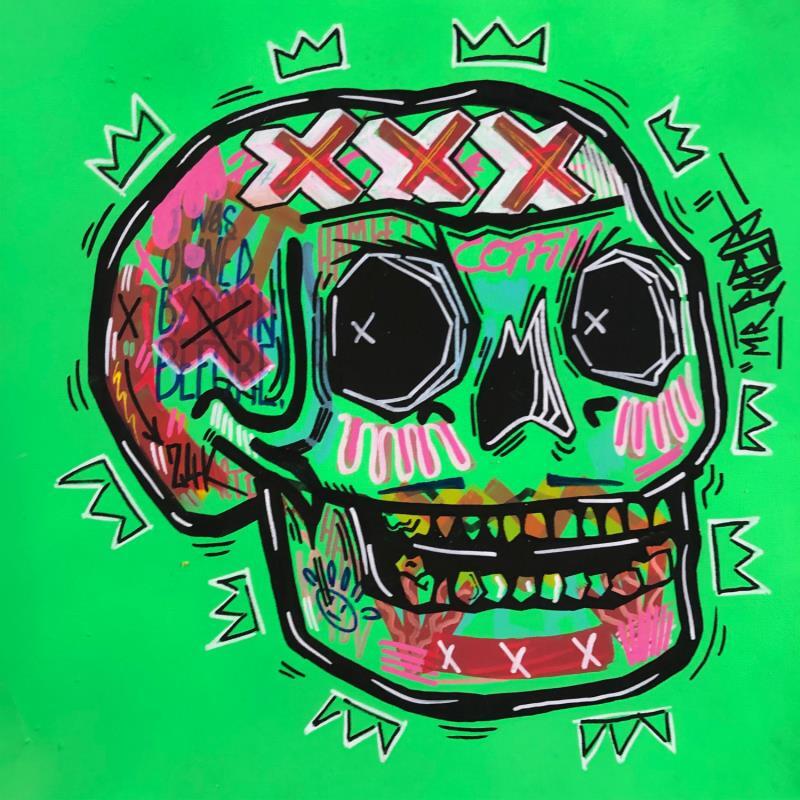






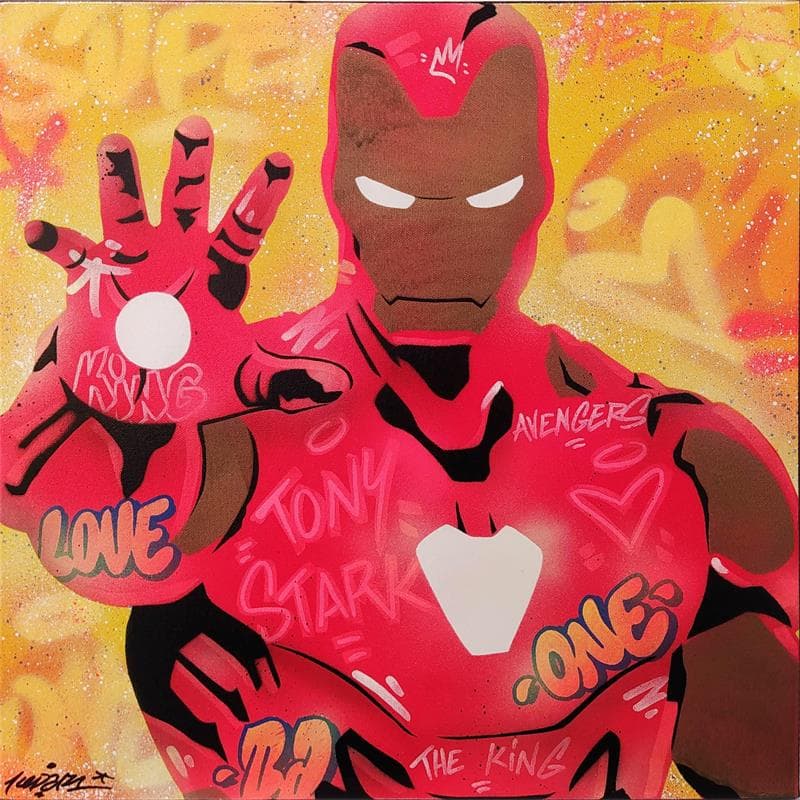
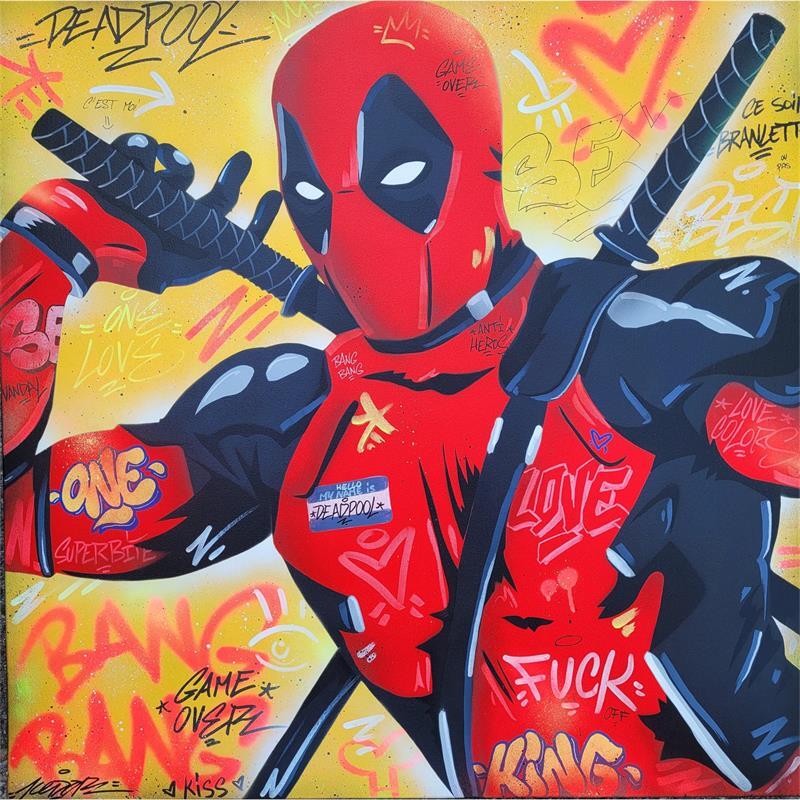
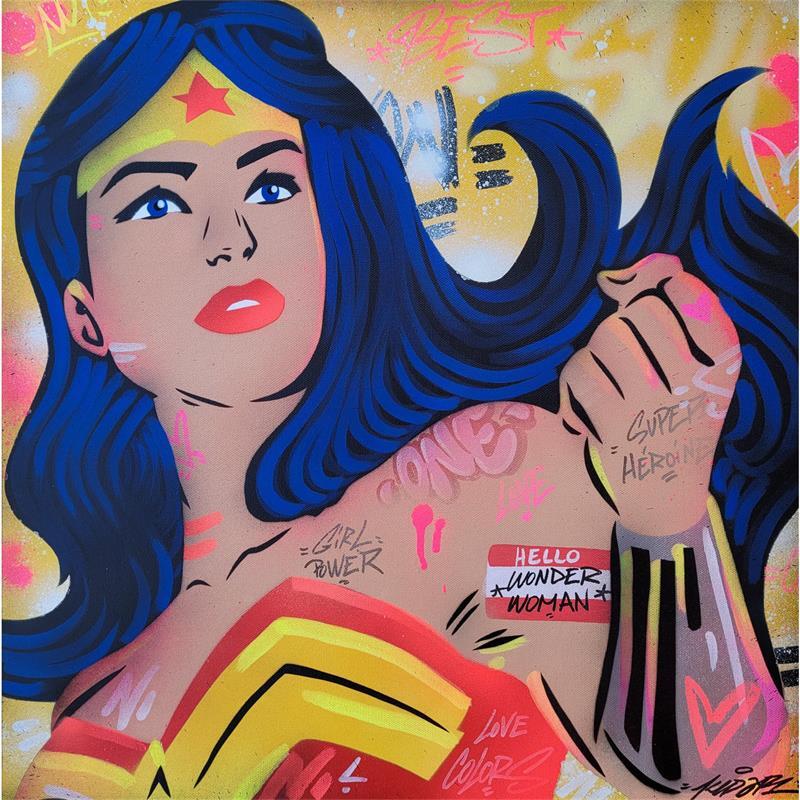

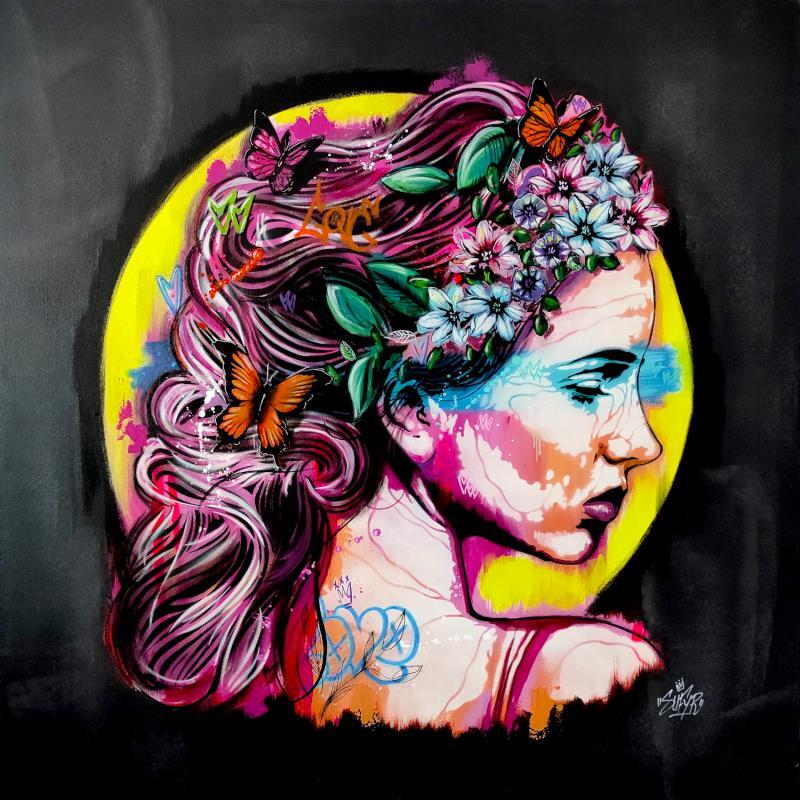
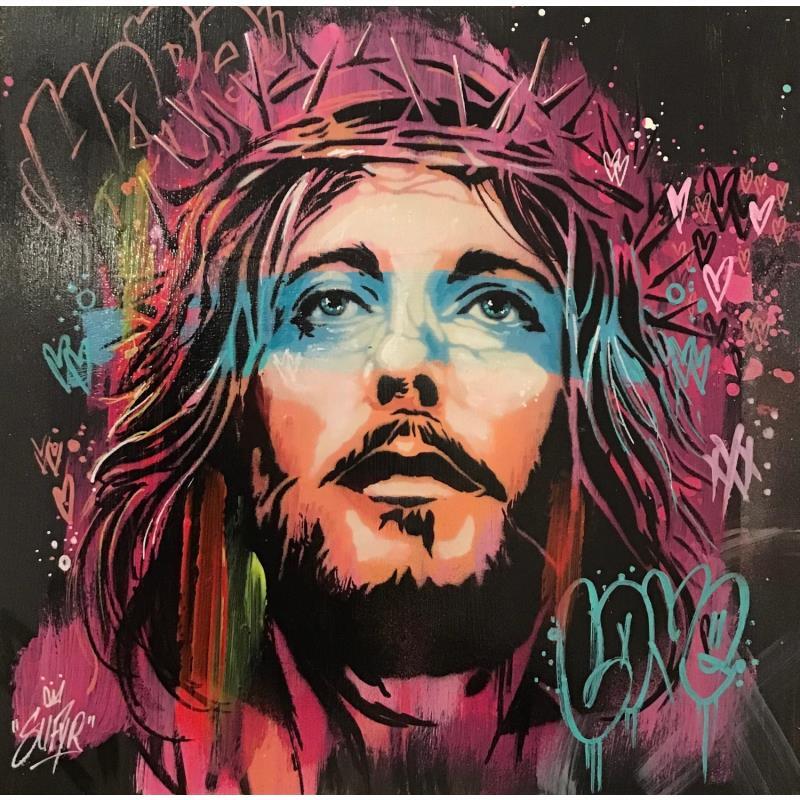
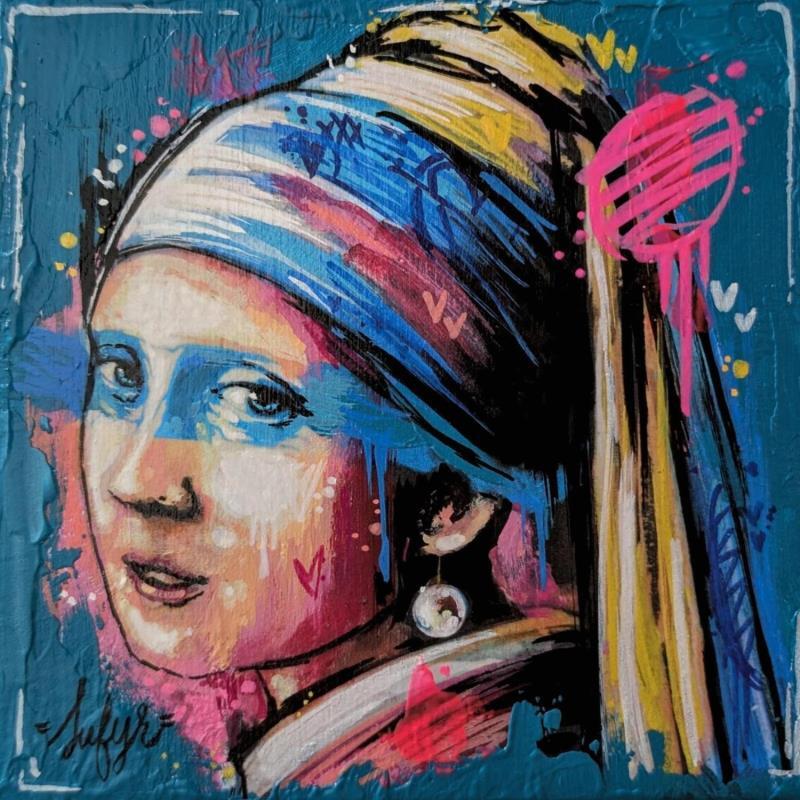
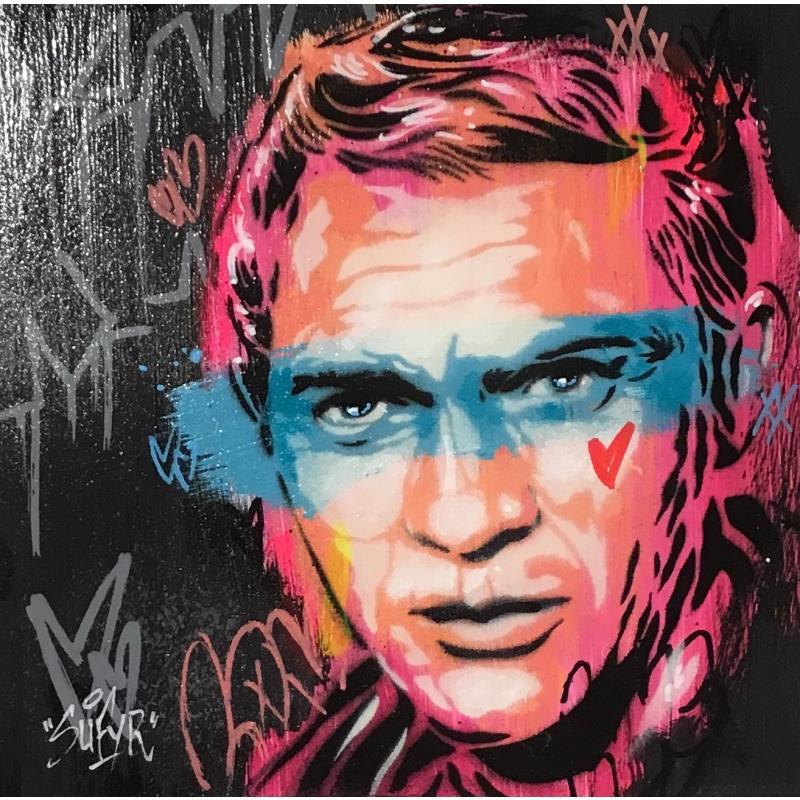
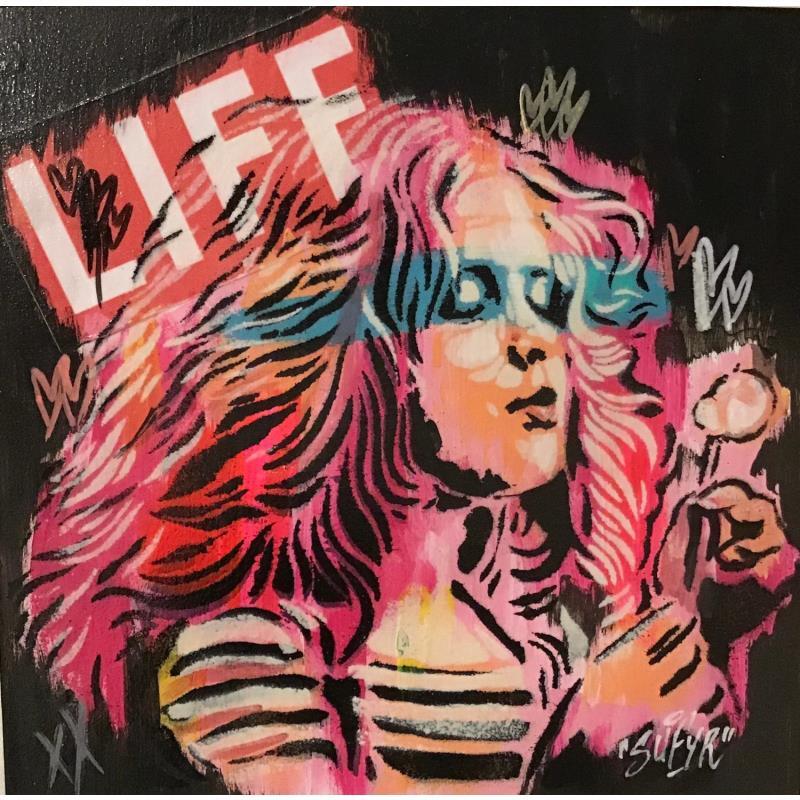
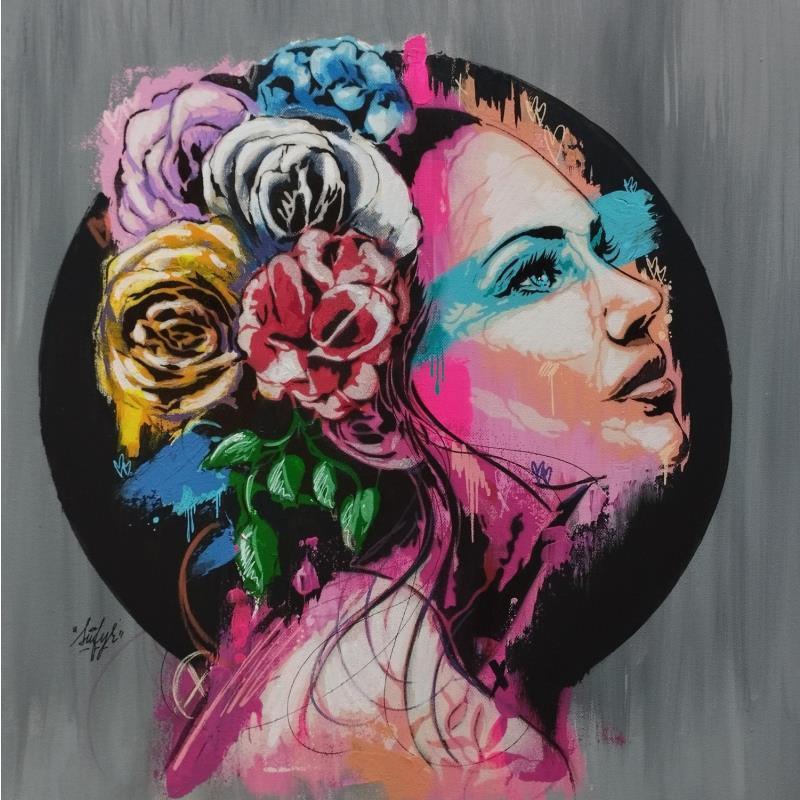
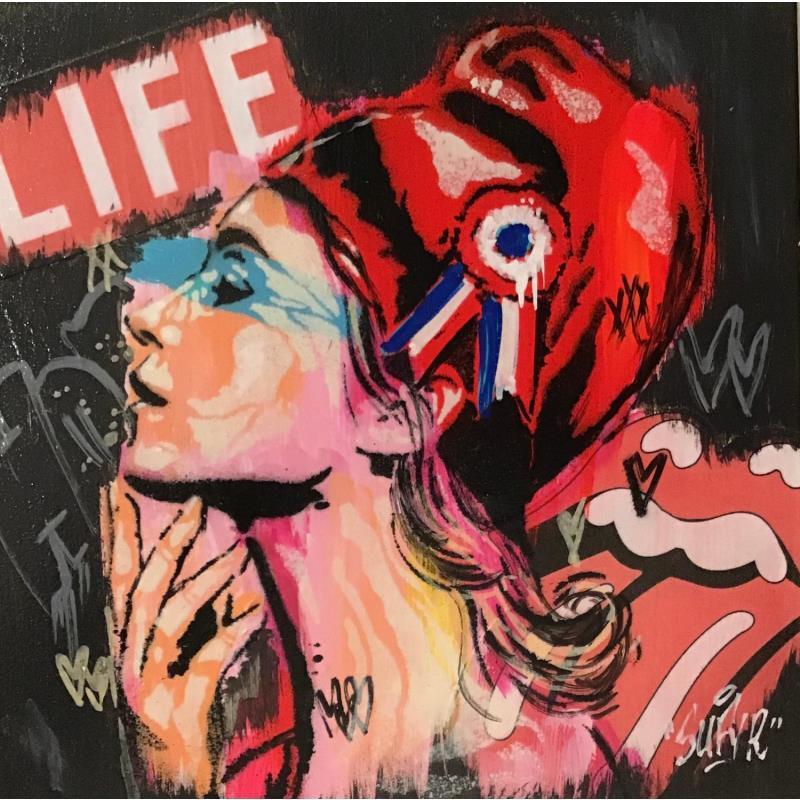

2.jpg)




